So far this year, Philadelphia has seen more than two shootings a day. Among the statistics was a local rapper known as Phat Geez. Here’s the message in his song “No Gunzone”: “Killings all up in my city / Can’t get enough of it / Facing all of these problems / I cannot run from it.”
Derrick Gant was his real name. Dead at twenty-eight.
So now comes Cherelle Parker, only a few months into her first term as Philly’s Democratic mayor, trying to plug the dike against a flood of lawlessness. Looking across her native city, she says that too much of what she sees is never OK, no matter concerns, including hers, about “root causes.” She appears hellbent on delivering to voters, emphatically including the racial and ethnic minorities who make up most of the city’s population, what she thinks must rank high on their wish lists. Dare it be called law and order?
The day Parker took office this year, she declared a public-safety emergency. She has vowed to bolster the ranks of a police force weakened by retirements and, reversing the position she once held as a City Council member, given her blessing to contentious stop-and-frisk policing — “constitutional” stop-and-frisk, as she puts it. Of absorbing interest will be how relations develop between the new mayor and the city’s famously progressive district attorney, Larry Krasner. The DA’s office has just announced it’s setting up a prosecution unit to go after repeat gun-possession violators and stop their release on low bail. Who’d have thunk it?
The first flashpoint in this anti-crime initiative is a notorious open-air drug market in the neighborhood of Kensington. Residents there find themselves trying to go about their lives amid flagrant trafficking in fentanyl and other hard drugs, sidewalk encampments of the strung-out homeless and warring drug dealers. None of it is OK, ever, Parker insists.
Cops and social workers are now telling vagrants that they will soon have a choice: submitting to arrest for crimes that were formerly ignored or going along with drug rehab and whatever housing might be found. Needle-exchange sites will be left to their own fundraising if, as Parker has pledged, money for needles will no longer appear in city budgets. She has thus thrown herself smack into a debate over whether “harm reduction” efforts, though preventing infection among drug addicts, do intolerable harm to neighborhoods. She has even speculated about asking for the National Guard, a measure that would doubtless give pause to Pennsylvania governor Josh Shapiro.
Philadelphia (population: 1.6 million) is hardly alone as an American city confronting crime waves. Yet it is a San Francisco without a neighboring Silicon Valley, a Washington without a bureaucratic perpetual-job machine. It is, notwithstanding its universities and arts venues, its restaurants and pro-sports teams, a part of the Rust Belt that has seen what no mayor would choose to call creative destruction. By some measures, it remains the poorest big city in the country.
About poverty, Cherelle Parker has talking rights. Now fifty-one, a black woman born to an unwed teenager and raised by grandparents, she brought pulpit fervor to her inauguration speech when referring to her personal story: “Let me start by thanking my Lord and Savior Jesus Christ.” On her longer-term agenda are the usual housing and education items, and it seems fair to surmise that Harrisburg and Washington will hear funding appeals.
Parker is a counterweight to continuing tugs from the loonier margins of the far left. She entered last year’s Democratic mayoral primary following service in the Pennsylvania General Assembly as well as on the City Council. Her plurality win in the primary was comfortable, albeit with only 33 percent of the vote in a field of nine candidates. Helen Gym, a progressive who had both Alexandria Ocasio-Cortez and Bernie Sanders in town plugging for her, managed 22 percent. In this overwhelmingly Democratic city, the general election that followed was perfunctory. Republican mayors here may be an extinct species, the last one having been sighted seventy-two years ago.
Kensington is a stiff test of Parker’s proposition that what has been intractable need not be acceptable. A lot could go wrong: prison and rehab capacity could run short; drug trafficking could quickly find a new epicenter; somebody dies of an infected needle or gets shot running toward a cop. The mayor might come to wish she had stuck with just sending street cleaners to trashy neighborhoods.
And yet, if a year from now the dismal spectacle in Kensington has receded, Parker may find herself dubbed “America’s mayor.” That label was last stuck (by Al Gore) on a Philly mayor in the 1990s, when Ed Rendell faced down municipal unions and halted the city’s plunge toward fiscal collapse.
Only from time to time does mayhem introduce itself outside Philly neighborhoods where it is endemic, as when one night last fall a flash mob converged on Center City to smash windows and stuff bags with high-end merch. It will be said that the numbers of hardened criminals in the city are — relatively — small. What cannot be said is that such minimizing is of any solace to people who must live their lives amid a seeming dystopia. Despite her promising intentions, since Parker took office, the city has seen a shoot-out during an otherwise peaceful celebration of Ramadan and the premeditated shooting of kids at a bus stop (eight wounded, one critically).
Wish for the mayor the strength and wisdom she will need.
This article was originally published in The Spectator’s June 2024 World edition.



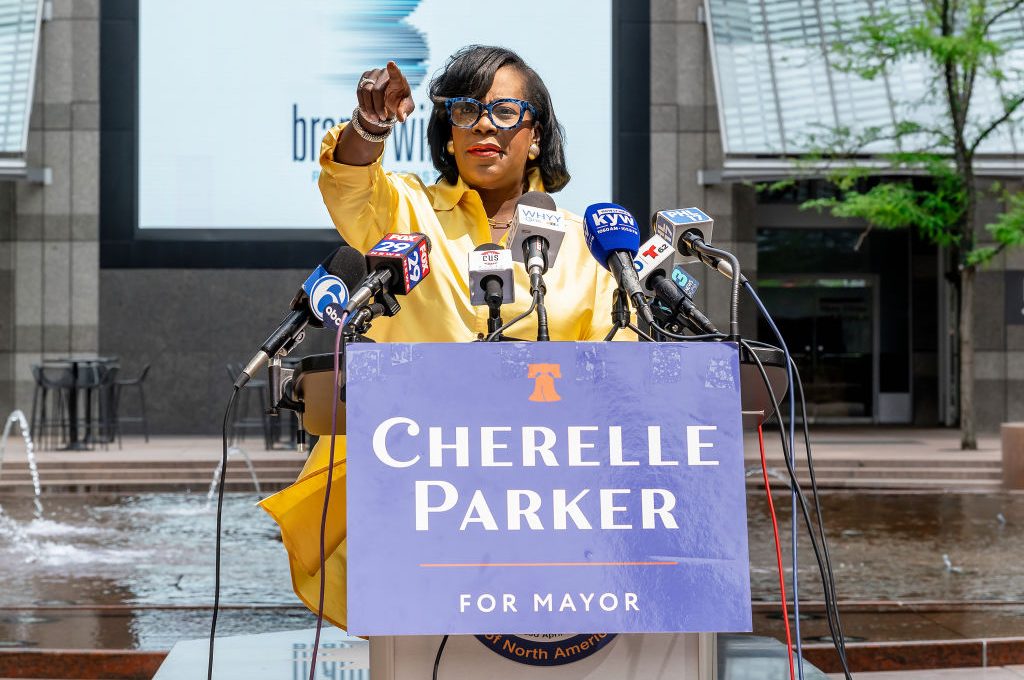






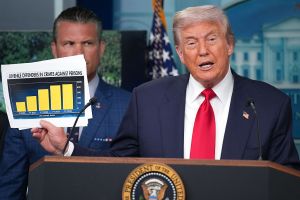
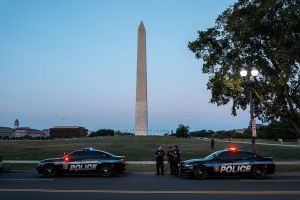
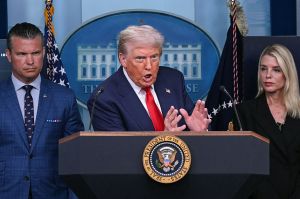
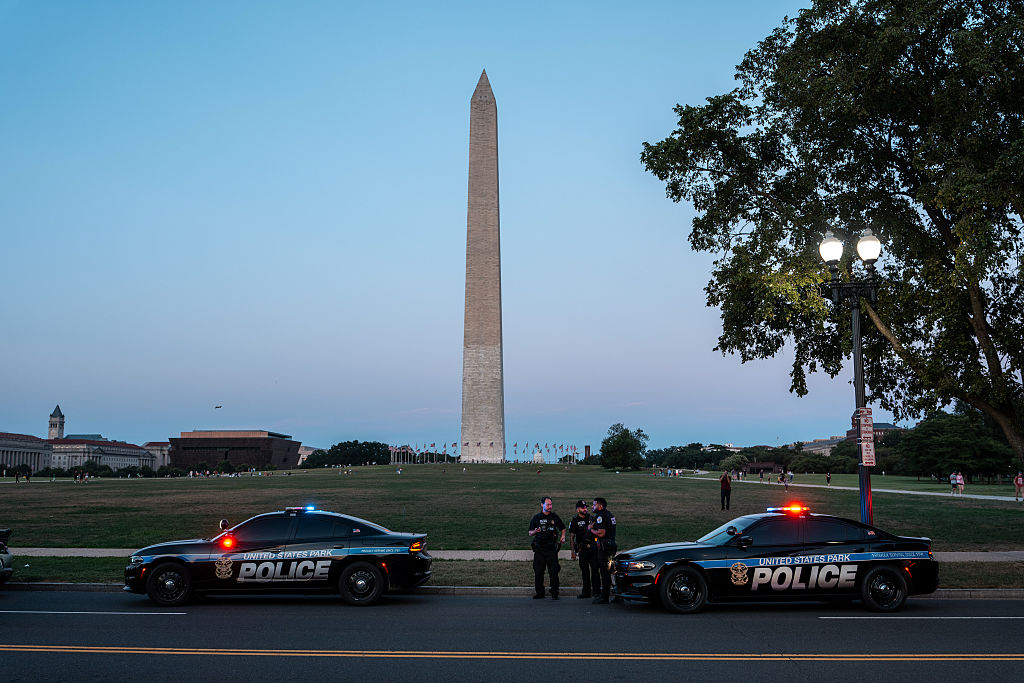
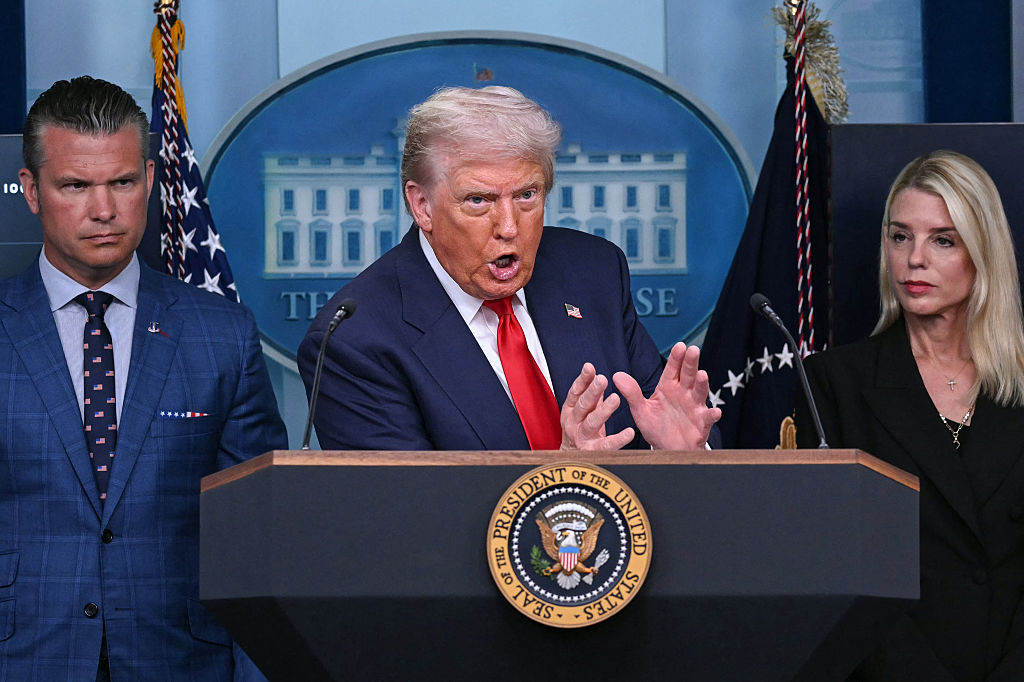











Leave a Reply